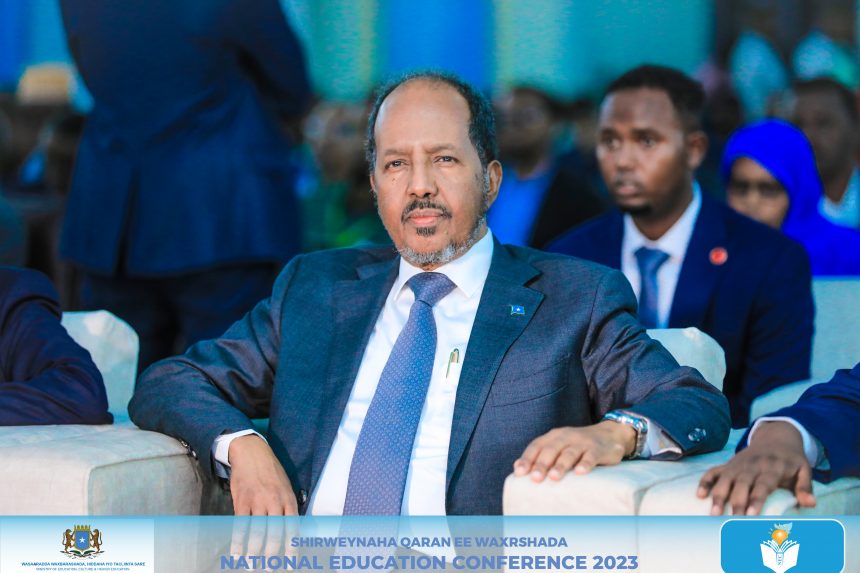As the saying goes, “Education is the key to success,” and nowhere is this truer than in Somalia. With limited access to quality education for many children across the country, the Somali education system has been a major concern for stakeholders. However, recent developments, such as the five-day national education conference held in Mogadishu, have shown significant progress towards improving education in Somalia.
The conference brought together representatives from education institutions, Ministries of education from Somalia member states, civil society, and members of both houses of parliament. The Minister of Education was praised for making adequate preparations for the conference, having held extensive consultations with civil society, religious scholars, and all educational stakeholders prior to the meeting. The conference was the first of its kind in Somalia and demonstrated a significant step towards improving education in the country.
The conference’s main objective was to identify challenges facing the Somali education system and propose solutions. The participants discussed various issues, including the need to improve access to education, the quality of education, and the importance of teacher training. They also addressed the need for a comprehensive national education policy that would outline the government’s commitment to improving education in the country.
During the conference, the President of Somalia addressed the attendees, stating that his government was committed to bringing services closer to the population. He emphasized the importanceof education in building productive citizens, acknowledging that the education system in Somalia needed improvement. The President’s remarks were a clear indication of the government’s recognition of the importance of education in building a prosperous nation.
To address the issue of teacher shortages, the Ministry of Education had already conducted a nationwide entry exam for teachers, with plans to employ 3,000 teachers. This move was welcomed by stakeholders as it showed the government’s commitment to improving the quality of education in the country. The President of Somalia also announced that his government would employ an additional 10,000 teachers by the end of the year, further emphasizing his administration’s commitment to education.
The announcement of the government’s plan to employ more teachers was well-received by stakeholders as it demonstrated a genuine commitment to improving the education system. The shortage of teachers has been a major concern, with some schools having to rely on untrained teachers to deliver lessons.
In addition to the employment of more teachers, stakeholders also discussed the importance of teacher training in improving the quality of education. The lack of trained teachers has been a significant challenge in Somalia, with many teachers lacking the necessary skills to deliver quality education to students. As such, there was a consensus among the conference attendees that teacher training should be prioritized to improve the quality of education in the country.
Another issue that was discussed during the conference was the need to improve access to education, particularly for girls. The
lack of access to education has been a significant concern in Somalia, with many girls being denied the opportunity to receive an education. The participants acknowledged that improving access to education for girls would have a significant impact on the country’s social and economic development.
The conference was a significant step towards improving education in Somalia, with stakeholders coming together to identify challenges and propose solutions. The commitment of the government to employ more teachers and improve the education system shows a promising future for Somali children who have been denied access to quality education for far too long.
The importance of education in building a prosperous nation cannot be overemphasized, and with this renewed commitment, the Somali people can look forward to a brighter future. The education conference was a clear demonstration of the government’s commitment to improving the education sector, and stakeholders can look forward to a more inclusive and effective education system in the coming years.
By Abdiqani Abdullahi





